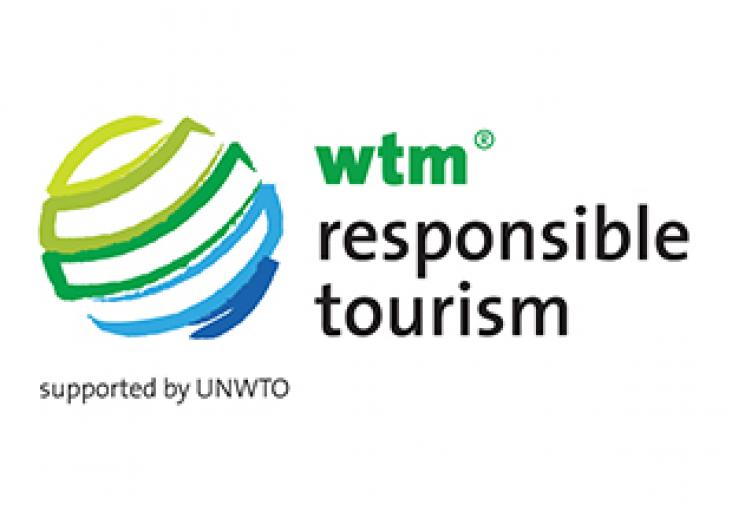While most businesses understand and recognize their responsibility for the health and safety of their employees, few have connected the dots between their business actions and health outcomes in the market place, in society more generally and in the supply chain. This report outlines concrete actions for companies to embed health and empowerment in their policies, systems, and operations, advancing SDGs 3, 8 and 13.
Contributing to SDGs 1 and 8, this report discusses how the adoption of pro-growth policies tends to result in lower levels of poverty, especially through opportunities for job creation. In particular, it calls for policies that promote greater access to credit and the protection of minority investors in order to reduce such levels of poverty.
Companies often struggle to identify and implement meaningful action to address risks to trade union rights in their global value chains. This resource helps companies assess where and why they might face heightened risks to trade union rights and showcases eight examples of how real companies have approached trade union rights in practice. The report contributes to SDGs 8 and 10.
This report provides guidance for companies to take concrete actions to integrate women's health and empowerment in their policies, systems, and operations, furthering SDGs 3, 5 and 8. The framework is based on lessons learned from consultations with companies, non-governmental organizations, and women's health programs in order to provide best practices for investing in workplace women's health and empowerment.
This guide explores the role of corporate finance and investments in scaling finance for the SDGs, including how FDI, financial intermediation and public-private partnerships can be a source of finance for less liquid SDG investments that cannot be invested directly by portfolio or institutional investors. This includes providing access to finance in countries with less developed financial markets or for SDG solutions that are too small or illiquid to attract portfolio investors. The report contributes to SDGs 8, 16 and 17.
The publication highlights the potential role of social dialogue in fostering stability, equity, productivity, sustainable enterprises and inclusive growth, contributing to SDGs 8, 10 and 12.
This book chapter addresses goals 1, 8 and 15 by focusing on rainfall index, which links insurance payouts to historical rainfall data from reliable weather gauging stations, and how it relates to crop and livestock losses. The system works in such a way that if the data shows that the rainfall amount is below the threshold, the insurance pays out. If implemented effectively, it has the potential to revolutionise access to formal insurance by smallholders.
This book chapter addresses goals 6, 8 and 13 by documenting experiences that many dryland agricultural regions can expect to encounter in coming decades as changing climate, demographic characteristics, and socioeconomic factors take hold.
Elsevier,
A Comprehensive Guide to Solar Energy Systems With Special Focus on Photovoltaic Systems, 2018, Pages 469-484.
This chapter addresses goals 11 and 8 by examining the growth of solar photovoltaic power across regions and countries, as well as offering some predictions as to how and where future development will take place.

To celebrate 2017 as the International Year of Sustainable Tourism for Development, World Travel Market London is focusing World Responsible Tourism Day – including the WTM Responsible Tourism Awards – on the UN Sustainable Development Goals.
The awards categories are centred on the UN’s Sustainable Tourism Goals, with a focus on businesses, destinations and organisation which can clearly demonstrate their contribution to sustainable development
